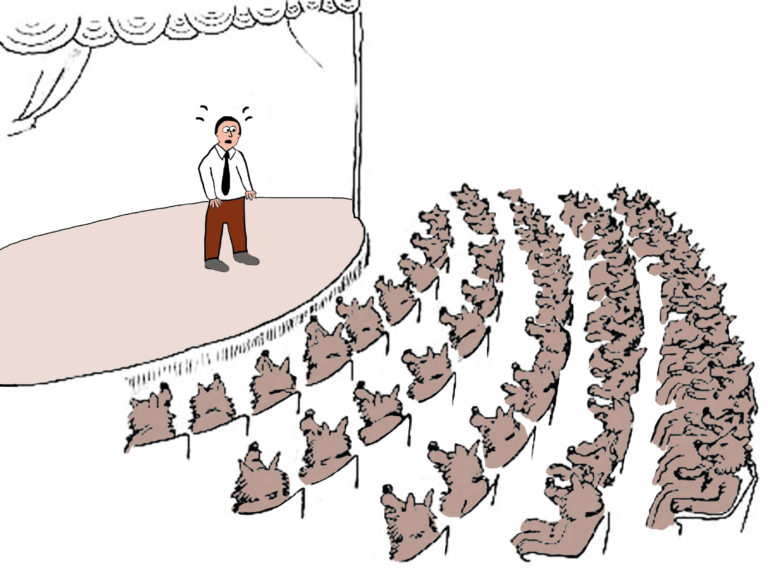
It is generally assumed that horses housed in barns with manure collected every day or two from the stalls are not at risk of ingesting infective larvae of internal parasites (cyathostomines) unless they are turned out on pasture. That premise has been modified with a report by S. Love et al. in Parasite Vectors (2016 Aug 31;9:478).
By Day 8 of the study, infective cyathostomine larvae were recovered from moist straw in 18 of 24 samples. Unless the straw was removed and replaced, the number of infective larvae continued to increase over the eight-week period of the study.
Author’s note: This information can be helpful in advising clients of the need for optimal stabling hygiene and appropriate deworming protocols, even when horses are not turned out on pasture.








